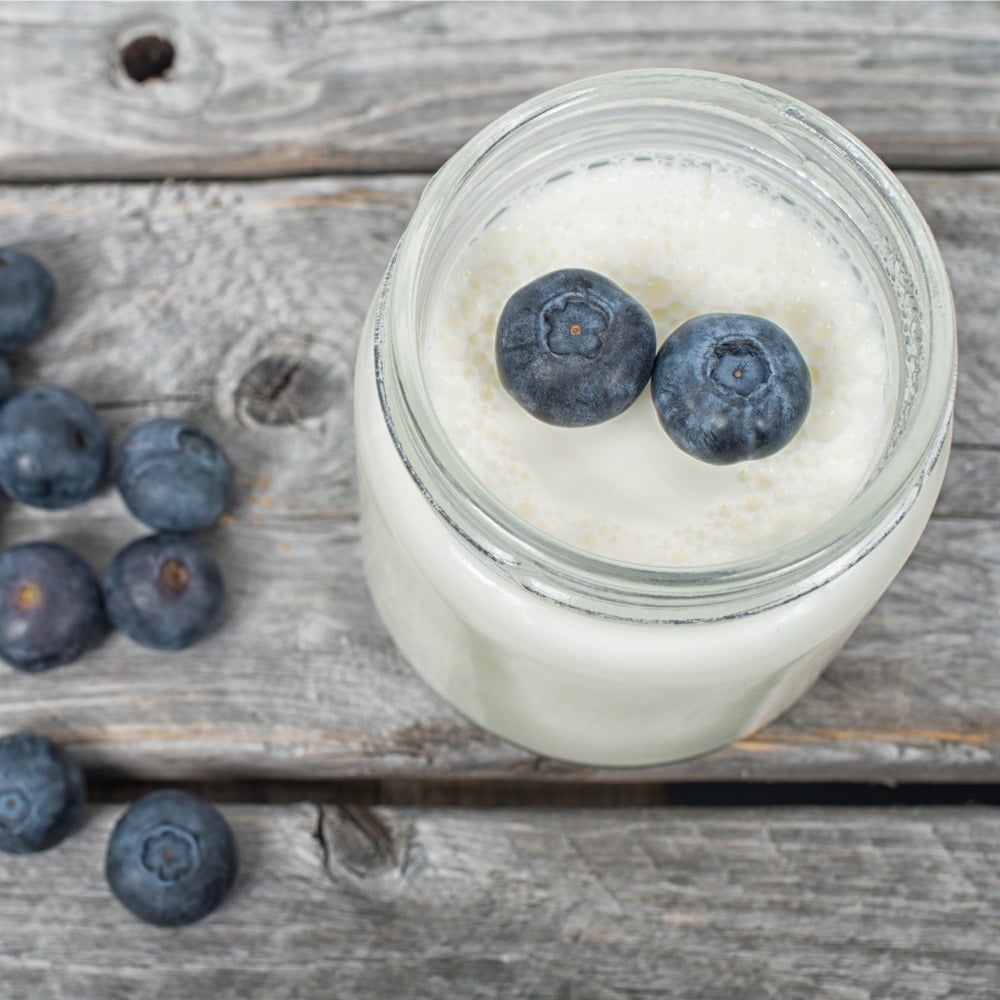New research that can be found published in the journal Brain, Behavior, and Immunity suggests that the microorganisms known as probiotics not only provides health benefits in the intestines, it may also have an affect on the brain to help protect against depression, as shown in a study conducted at Aarhus University.
The study done in the Department of Clinical Medicine at the university was conducted using rats which were fed with a fiberless and extra fatty compound feed, other were simultaneously fed a mixture of microorganisms, largely in the form of lactic acid bacteria in drinking water. The rodents consuming the soley fatty diet were observed to develop behavior similar to that of depression, with the rodents having consumed the probiotics enriched water remaining neutral in their behaviours. Meaning that the probiotics had offset the consequences of the consumed unhealthy diet according to PhD Anders Abildgaard.
The rodents that did not consume the probiotics also had an increased level of white blood cells found in their brain cells, which is a sign of chronic inflammation that is seen in the liver and fatty tissues of humans who are diabetic and overweight. The rodents who consumed the enriched drinking water did not have increased levels of white bloods cells in their brains.
To conduct this study rats were put into groups which were fed different compound feed. 2 groups were fed a diet that was fiberless and extra fatty, with one of those groups drinking probiotic enriched water. 2 control groups were fed a diet that was half as fatty and with high fiber. Researchers observed after 12 weeks that the rodents consuming the fatty compound feed without probiotics exhibited depressive behaviour when they were given swimming tests. Abildgaard explains that rats don’t suffer depression in a clinical manner such as humans do, but the are unable to cope with stressful situations and become passive, which is interpreted as depressive behaviour. Stating that this study supports how an unhealthy diet can lead to an unhealthy state both mentally and physically. Going on to add that the probiotics do not not make the water healthier, and didn’t affect blood sugar levels or weight in the rodents, but it did help to lessen the depressive symptoms.
Abildgaard believes that this study gives weight to the understanding of depression and methods of treatment, and that depression shouldn’t always be seen as an illness that solely develops by means of chemical imbalances in the brain, that intestinal bacteria may also play a role. The distinction between somatic and psychiatric illness are becoming more blurred. The team is working to identify how probiotics interactions with existing bacteria and production of chemical compounds affect the body as a whole. Stating that a better detailing of these mechanisms may contribute to an understanding of which patients may benefit from it and how future clinical studies should be designed.




